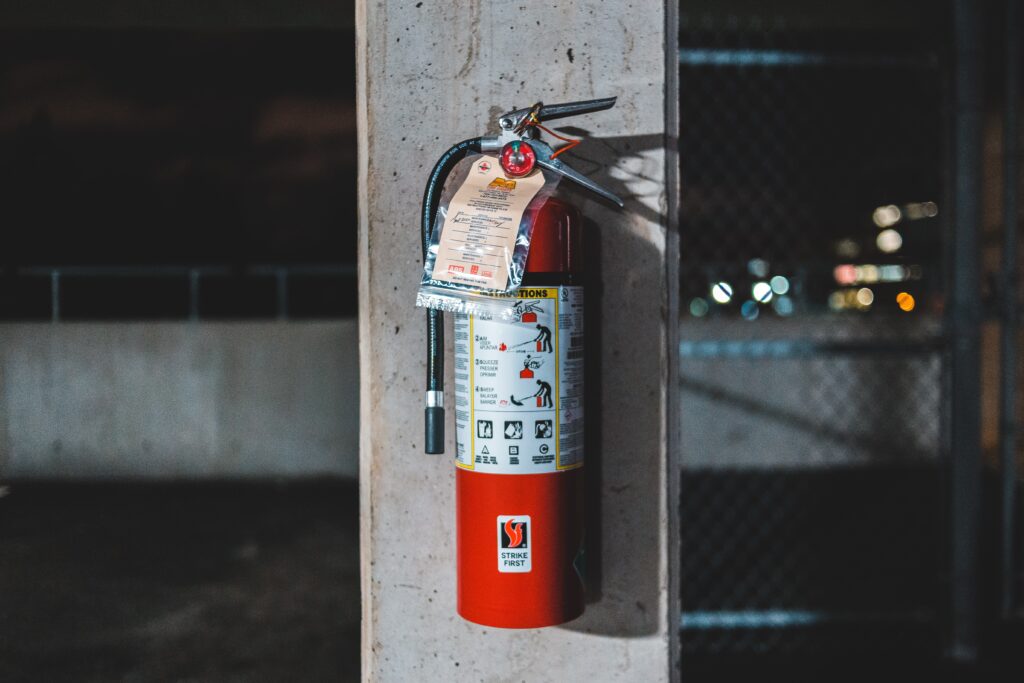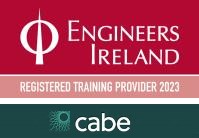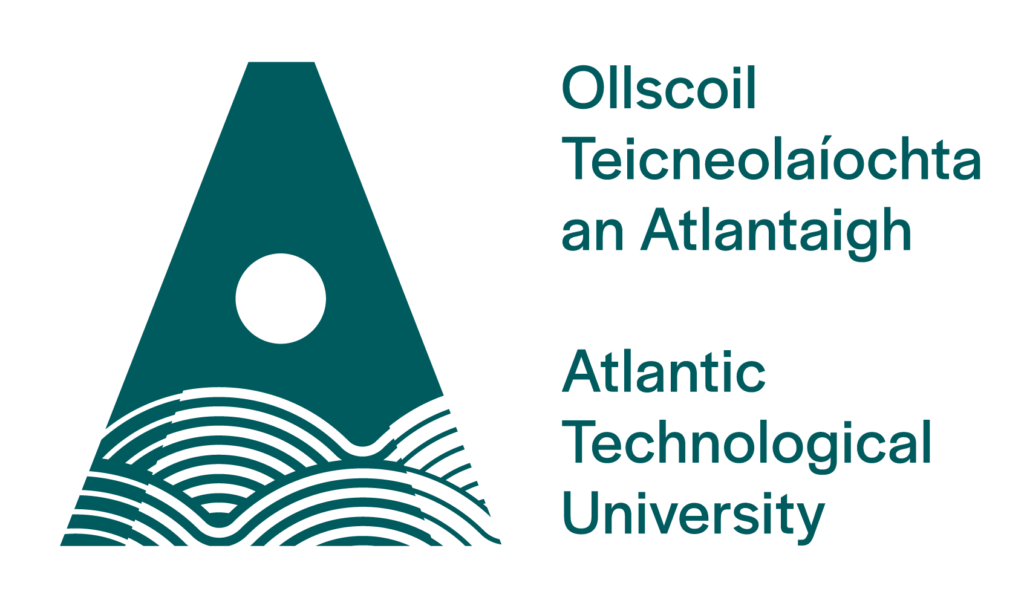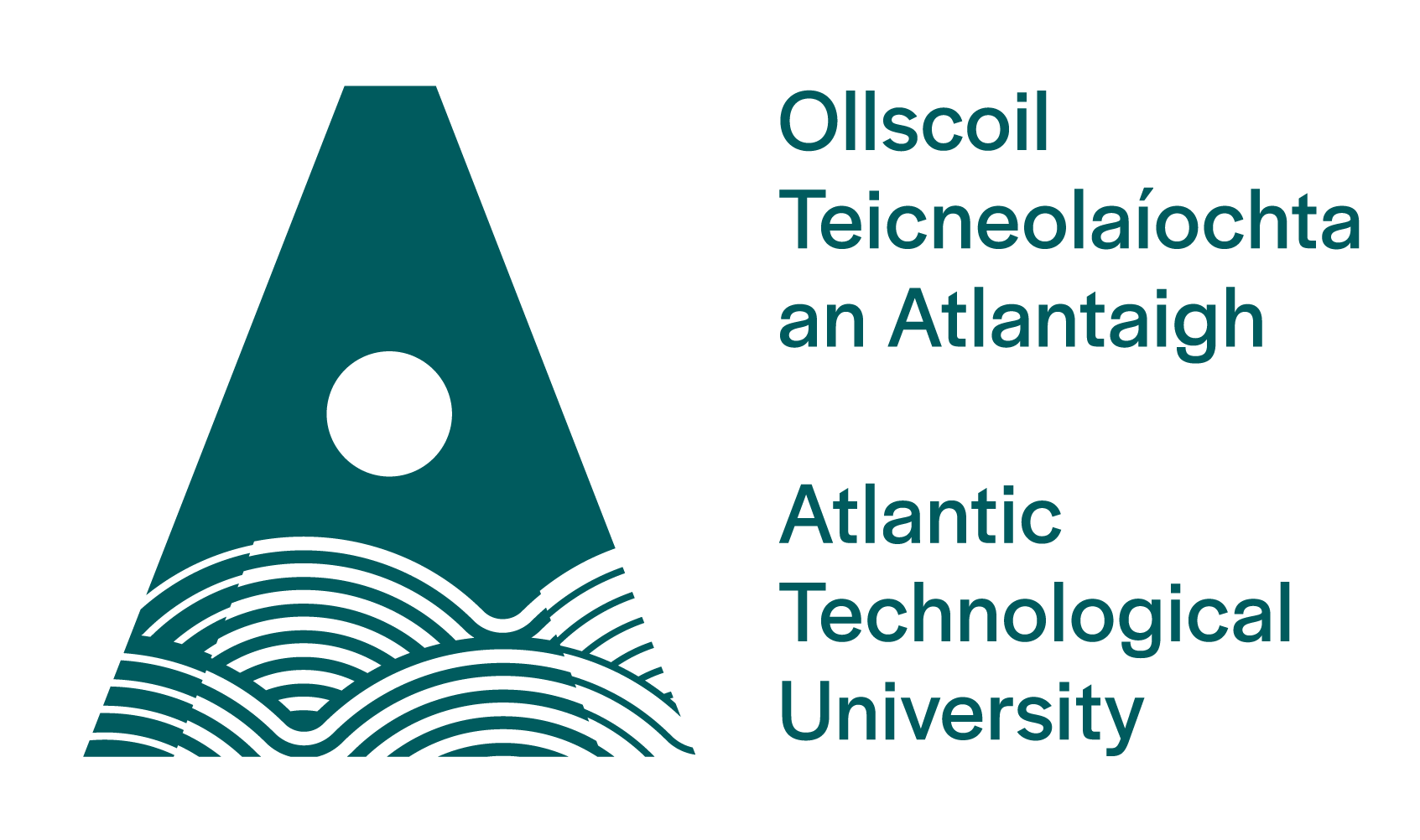Level
Duration
Provider
Mode
Fees


CPD Approved & CABE AccreditedThis programme is in collaboration with, and supported by, the above authority.


Fees listed on this page are not confirmed and may be subject to change

The programme aims to afford advanced experience and training to fulfil, in part, the onerous and challenging roles, duties and responsibilities associated with a limited range of Built Environment Regulations in the Irish Construction Industry.
The master’s degree programme aligns with the Ireland Annual Review 2021 (AECOM, 2021) in that it will exemplify digitisation in the execution of its teaching and learning remit and in the incorporation of Building Information Modelling (BIM) contracts in the Introduction module and within the research modules. It encapsulates carbon reduction requirements in the modules relating to the building fabric, building structure, energy conservation, services and ventilation. It incorporates modern methods of construction, particularly in the Part A module, and it provides a ‘route to a resilient tomorrow’ for built environment practitioners, building control and for anyone performing a regulatory role or roles under the Built Control Act (Government of Ireland, 1990).
Looking to the future, the Climate Action and Low Carbon Development (Amendment) Bill (Department of the Environment Climate and Communications, 2021) will consolidate emphasis on regulation compliance in the context of a more future-proof, transformed economy. Circular economy investigations are introduced in the context of building structures and building fabric on the master’s degree programme.
These programmes have been developed with support from the HCI 3 funded DASBE project.
Candidates must hold a cognate level 8 Bachelor (Hons) degree with a minimum grade classification of H2.2 or equivalent, in an appropriate Built Environment undergraduate programme or equivalent. Candidates who do not meet the H2.2 performance standard in a Level 8 award will be required to pass a qualifying assignment at an H2.2 performance standard as established by the Programme Board for the programme in question and as approved by the Registrar.
In accordance with ATU policy recognition of prior learning can be used to gain access to or exemption from this programme. ATU is committed to the principles of transparency, equity, and fairness in recognition of prior learning (RPL) and to the principle of valuing all learning regardless of the mode or place of its acquisition. Recognition of Prior Learning may be used to:
Academic Code of Practice No. 6 outlines the policies and procedures for the Recognition of Prior Learning. Guidance for applicants is provided on myexperience.ie .The programme board will be expecting mapping equivalencies to the QQI Awards standard at level 8.
English Language Requirements will be as determined by ATU and as published in the Access, Transfer and Progression code. Further details on English language requirements are available here.
The following list includes a selection of modules that you will study during your time on this programme.
The programme will run during term time and will honour the normal campus breaks for students during the Christmas, Easter, and Summer Holidays. Self-directed learning, assessments and project work will be expected to be completed in addition to the timetabled contact hours. The on-campus delivery may be on Saturdays.
Minimum average of 3-6 hours per week time commitment.
This is offered as a stand alone Certificate as well as an embedded minor award in the MSc in Built Environment Regulation, and the Post Graduate Diploma in Science in the Built Environment Regulation.
It will be particularly beneficial to new entrant graduates who have recently entered the work force in the last one to three years. It will also be beneficial to lifelong learners and more experienced professionals as Continuing Professional Development, up-skilling, retraining, and as a refresher course. Furthermore, the programme can be undertaken on a module-by-module basis, if so desired, by accumulating credits.
It will also be possible to complete the Certificate and/or Postgraduate Diploma and/or MSc in Built Environment Regulation at some point in the future. This flexibility is designed to accommodate an adult working population. The difference between this qualification and the Masters, Postgraduate Diploma, and Certificate in Built Environment Regulation is that there is no research capstone module requirement and only Fire Safety Technical Guidance Documents, along with the relevant Irish and/or British Standards for Fire Safety are covered in the syllabus.
Students take this course as part-time (1 year).
The programme is CABE accredited.
For more information see the programme brochure.









| Cookie | Duration | Description |
|---|---|---|
| cookielawinfo-checbox-analytics | 11 months | This cookie is set by GDPR Cookie Consent plugin. The cookie is used to store the user consent for the cookies in the category "Analytics". |
| cookielawinfo-checbox-functional | 11 months | The cookie is set by GDPR cookie consent to record the user consent for the cookies in the category "Functional". |
| cookielawinfo-checbox-others | 11 months | This cookie is set by GDPR Cookie Consent plugin. The cookie is used to store the user consent for the cookies in the category "Other. |
| cookielawinfo-checkbox-necessary | 11 months | This cookie is set by GDPR Cookie Consent plugin. The cookies is used to store the user consent for the cookies in the category "Necessary". |
| cookielawinfo-checkbox-performance | 11 months | This cookie is set by GDPR Cookie Consent plugin. The cookie is used to store the user consent for the cookies in the category "Performance". |
| viewed_cookie_policy | 11 months | The cookie is set by the GDPR Cookie Consent plugin and is used to store whether or not user has consented to the use of cookies. It does not store any personal data. |